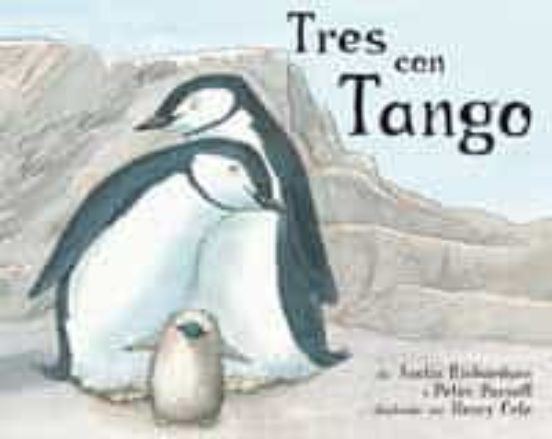

To my luck and delight, one of my favorite publicity contacts who works at Simon & Schuster reached out to me with the perfect idea. I knew I wanted to talk about it here, but I wasn’t sure how I was going to approach it. So, understandably, this whole topic has been hard for me to wrap my arms around lately.


Today I write the books that I needed in my childhood, because there are still children who need them. But that silence didn’t stop me from becoming who I am today. I didn’t even have the words for what I was until I was a teenager. In fact, no one said the word “bisexual” to me at a young age at all. Not because it was illegal, but because we didn’t talk about identity at all in my community. Growing up in rural Alabama (the same state that just passed their own “Don’t Say Gay Bill” with Bill 322), teachers didn’t read books about bisexuality. I can’t speak for all queer writers, but I know that I write queer books because I know the pain of feeling “different”, “wrong”, or even just “other”. Rhetoric that I know to be false as a queer person who writes picture books. It’s a very old rhetoric gaining steam in the mainstream again. We see the lie that queer people are predatory repeated more and more with every bill that’s introduced. The conversation around these bills also implies that adults are harming children, and that children must be protected from the influence of queer adults. What message are adults sending these children when they say those books don’t belong in school? For many children, these books represent them, their families, and their community. First and foremost, they strip access from children who need these books. While some may believe these laws will protect their children, I’m here to tell you that they are dangerous for a number of reasons. In other words, these bills were written to allow parents to decide when their children should learn about the existence of LGBTQ+ people. These bills are said to, “reinforce the fundamental right of parents to make decisions regarding the upbringing and control of their children in a specified manner”. HB 1557 or the “Don’t Say Gay Bill” and others like it are being introduced in 22 different states. It’s hard to discuss the rise in book bans without discussing the introduction of bills restricting schools from holding classroom instruction about sexual orientation or gender identity. Schools and libraries across the country are removing books about gender, race, sexual health, sexual orientation, and even the holocaust. In the last year, the US has seen a dramatic rise in book banning.


 0 kommentar(er)
0 kommentar(er)
